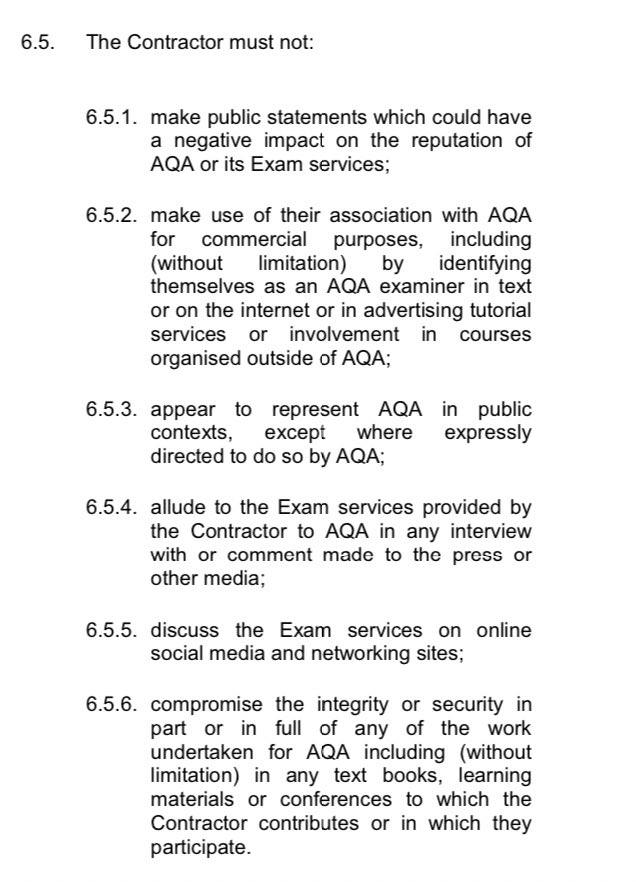
First session #rEDSurrey22 is @msybibi drawing really succinct connections between coaching, learning and effective mechanisms of professional development.
An interesting discussion of how we distinguish between coaching and mentoring, how interchangeable the terms have become- and does it matter? #rEDSurrey22
Which makes me consider just how important contracting is to establishing the purpose of the conversation. @msybibi outlines that pure coaching is non directive.
Is it that effective coaching in leadership creates the conditions for individuals to become empowered to understand their own challenges?
Coaching approaches help meetings, conversations and feedback becomes part of the conversation.
Being coached as a leader creates vulnerability in leadership; it means we begin to open up the possibility of continual development as a normalised process @msybibi
And @msybibi shares a case study to exemplify. Coaching enables us to talk about accountability in a more healthy way, destroying some of the unhelpful narratives that we have with high stakes, more superficial approaches.
Signposting for @Andy__Buck’s BASIC model and training as one useful model that schools could adopt. Schools can select coaching models in response to the need and don’t need to be tied to one model.
@msybibi emphasises the importance of credibility and trust when motivating teachers.
Returning to contracting as an explicit way to set expectations for both parties. Train coaches to be first-class rapport builders. @msybibi 

Hat tip to the wonderful @rondelle10_b for her incredible future pacing as part of coaching. It’s December ‘22: what have you achieved? @msybibi
How do we embed coaching?
Front load the trust!
Ask staff- how might this be helpful? What might the challenges be? What are the concerns around this?
Share the process
Start with a pilot with expert teachers as early adopters
Capture successes @msybibi
Front load the trust!
Ask staff- how might this be helpful? What might the challenges be? What are the concerns around this?
Share the process
Start with a pilot with expert teachers as early adopters
Capture successes @msybibi
• • •
Missing some Tweet in this thread? You can try to
force a refresh





